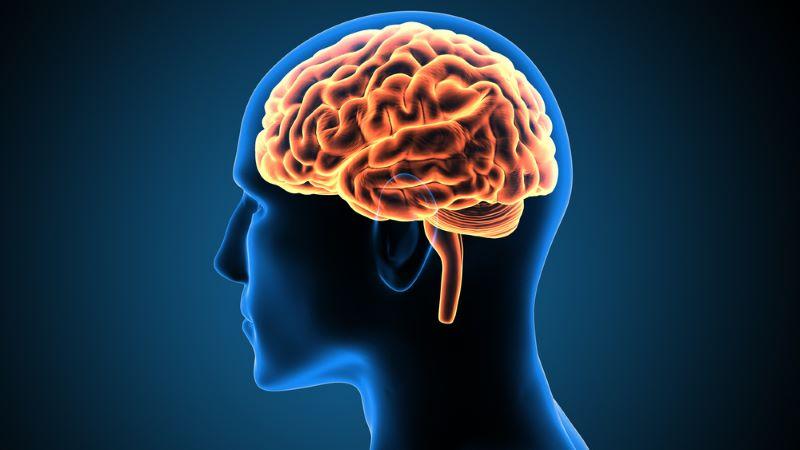
- devara
- 24 Dec 2024 11:09 AM
- brain processing speed, human cognition, neurobiology, human brain research
In a groundbreaking study, scientists have quantified how quickly the human brain processes information, revealing a surprisingly slow speed of just 10 bits per second. Despite receiving billions of bits of data from our senses, including sight, hearing, touch, and smell, the brain only processes a tiny fraction of this information.
Researchers at the California Institute of Technology (Caltech) conducted the study, publishing their findings in the journal Neuron last week. They discovered that during common activities such as reading, writing, playing video games, and solving a Rubik's Cube, humans can only think at a rate of 10 bits per second, which the researchers described as "extremely slow."
The concept of a "bit" is a fundamental unit of information in computing, and in comparison, modern Wi-Fi connections can process about 50 million bits per second. The paradox arises when we consider that our brains are processing just a minuscule portion of the sensory data we constantly receive. Neurobiologist Markus Meister, involved in the study, highlighted the paradox, saying, "Every moment, we are extracting just 10 bits from the trillion that our senses are taking in and using those 10 to perceive the world around us and make decisions."
The researchers suggest that the brain's slow processing speed may be a result of evolutionary necessity. Our ancestors evolved in environments where the world moved slowly enough to allow for survival, meaning that only a limited amount of information needed to be processed quickly. The study posits that most of the time, the environment changes at a much slower pace, and the brain only needs to focus on the most immediate information.
The researchers also pointed out that current knowledge doesn't fully explain why the brain focuses on one stream of information at a time, rather than processing the vast amounts of data it receives. With over 85 billion neurons, one-third of which are dedicated to higher-level thinking, the brain's capacity for processing information is immense, yet still restricted by what is considered a "neural bottleneck."
Further research is needed to understand this cognitive limitation and how it impacts human perception and decision-making.






































